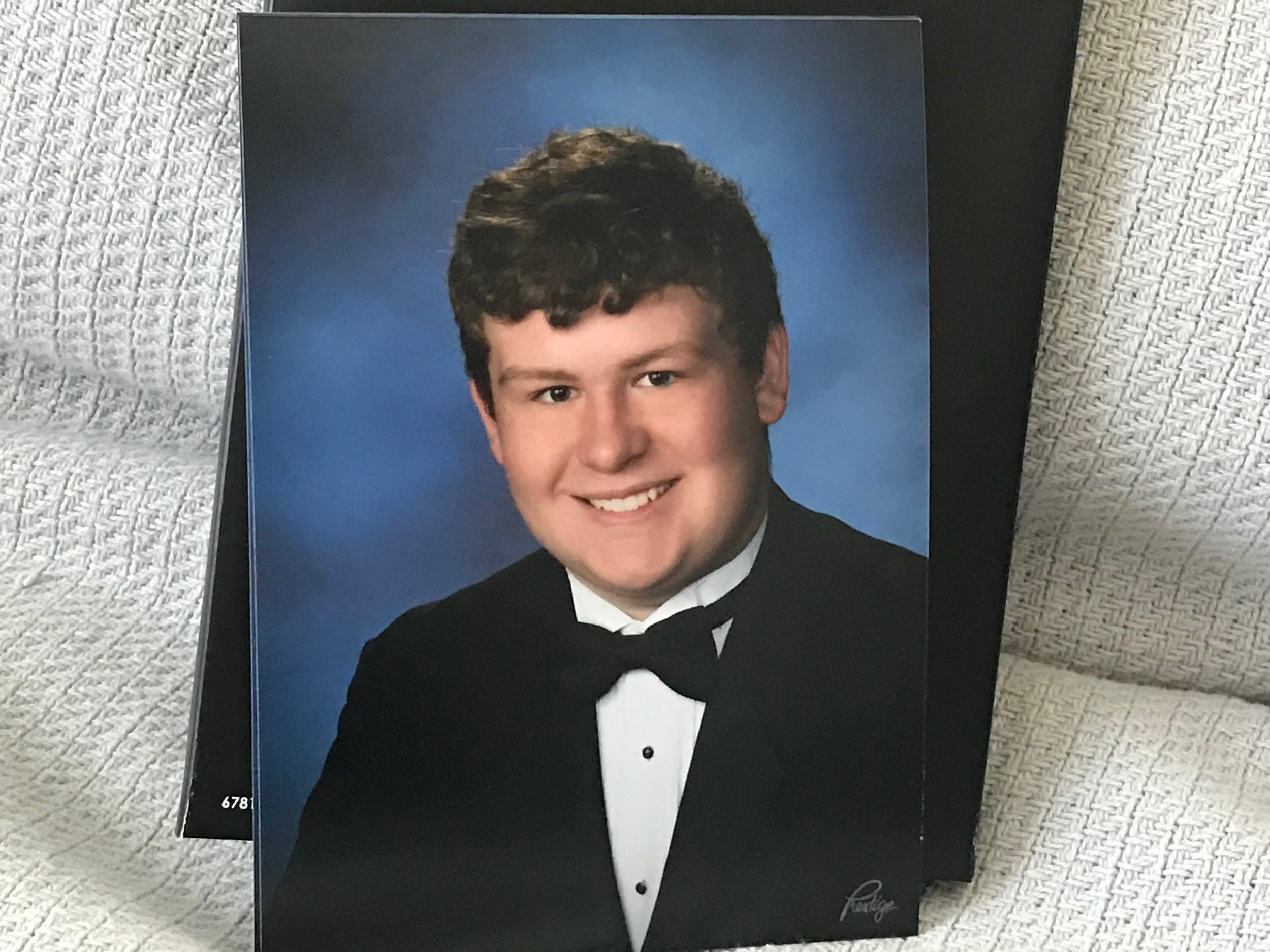Mortality is a concern for the epilepsy community. For people with epilepsy, mortality is 3x higher than the general population. Apart from SUDEP, causes include status epilepticus, drowning, and suicide.
What is SUDEP?
S-U-D-E-P, Sudden Unexpected Death in Epilepsy, is said to occur when a person with epilepsy dies unexpectedly and was previously in their usual state of health. The death is not known to be related to an accident or seizure emergency, such as status epilepticus. When an autopsy is done, no other of cause of death can be found. Each year, about 1 out of 1,000 adults and 1 out of 4,500 children with epilepsy die from SUDEP. However, it occurs more frequently in people with epilepsy whose seizures are poorly controlled.
What happens?
The person with epilepsy is often found dead in bed and doesn't appear to have had a convulsive seizure. About a third show evidence of a seizure close to the time of death. They are often found lying face down.
Orrin Devinsky, MD talks about SUDEP
What causes SUDEP?
No one is sure about the cause of death in SUDEP. Some researchers think that a seizure causes an irregular heart rhythm. More recent studies have suggested that the person may suffocate from impaired breathing, fluid in the lungs, and being face down on the bedding. Others have suffered from cardiac arrest.
What are the risks?
Steps to reduce risk
TO REDUCE RISK OF SUDEP, CONTROL SEIZURES AS MUCH AS POSSIBLE.
Have epilepsy?
Ask your doctor to discuss the risk of SUDEP with you
Most importantly, take your seizure medicine as prescribed. Compliance is important.
Taking seizure medicine and still having seizures?
Discuss options for adjusting the medicine with your doctor. If seizures continue, consider seeing an epilepsy specialist, if you are not already seeing one. You can search for epilepsy specialists using the links listed on the FAQ webpage.
There are several ways you can find a neurologist or an epileptologist near you. Your primary care or family provider can tell you about types of specialists. The American Academy of Neurology and the American Epilepsy Society provide a listing of its member neurologists and epilepsy specialists, including epileptologists. The National Association of Epilepsy Centers also provides a list of its member centers, organized by state. The Epilepsy Foundation of Virginia has a close relationship with our Professional Advisory Board, which includes some neurologists.
If several doctors recommend surgery, consider the advise seriously
Other possible steps to reduce risk of SUDEP
Avoid seizure triggers
Read more information about seizure triggers on the Epilepsy Foundation website
Avoid drinking too much alcohol
Learn how to better control your seizures with epilepsy self-management programs
Learn about yourself
Exercise and lead a healthy life
Get enough sleep
Train others around you about seizure first aid
Avoid prone position
Avoid pillows if possible (or use a very firm/ anti-suffocation pillow)
Consider using Fitbits, Smart Watches, and other devices that may detect seizure events
We honor those who have lost their lives from SUDEP
We remember our SUDEP warriors, epilepsy heroes. These are their stories.
Michael Collins
Perseverance: “The storm sneaks up without warning like a thief in the night attempting to dominate your life by seizing your confidence, hopes, and dreams; you can either succumb or refuse to concede by giving Epilepsy, or any condition the power to define your happiness, determination, or future”
~ Dina Collins, mother
Michael was 17 years old when he passed away on February 27, 2018, just three months away from graduating with honors; however, SUDEP stole this milestone from him. SUDEP never came up at any of our visits to neurologists; we knew about it only because of Michael’s own research and ours.
Michael was an intelligent, energetic boy when he had his first seizure during the summer between 4th and 5th grade. We met with his first neurologist, had several tests run, found nothing specific, and Michael started taking his first AED to control his seizures; he had no more after that summer, and a year later he was taken off his meds after having several EEG’s and tests that showed no abnormal brain activity; we were thrilled and so was he. Then suddenly, years later at the beginning of his first year of high school, he suffered several seizures, had multiple tests run only to show absolutely no cause, and we were told he suffered from generalized seizures, so his neurologist put him back on meds to bring them under control.
Over the next several years, Michael had several tests, surgeries, hospital visits, and met with several different neurologists; he never stopped advocating for himself, and we never stopped either. He took a turn for the worse between the summer of his junior and senior year, still maintaining the most positive attitude. At that time, we moved to Johns Hopkins in hopes of new ideas to help control these intractable seizures. We all became optimistic when his AED was changed and he was seizure free for three months, the longest he had gone since June of 2017, when he had a seizure that he never came back from.
SUDEP never came up by any of the multiple neurologists we saw over almost four years. We were aware of it because of Michael’s desire to advocate for himself by researching his condition, and his Dad and I never stopped searching for answers.
Thank you to our Virginia SUDEP parents for sharing their stories. If you wish to honor a SUDEP warrior, please contact us.
EFVA's current SUDEP Initiatives
We thank our donor, the G. Foundation for their support in raising SUDEP Awareness. This year, we have been able to train doctors state-wide on SUDEP Awareness and the importance of informing patients of the risks. We are also talking to parents of children with epilepsy about SUDEP. In the past year, we have reached over 100,000 people about SUDEP awareness through social media. None of this would be possible without support from doctors, SUDEP families, and our volunteers.
Families of SUDEP warriors have said that they wished they were informed of the possibilities. We urge you to get informed, ask questions, and lead healthy lives to reduce seizures as much as possible. Though small, the risk is not to be undermined. Our goal is for everyone to be aware of SUDEP.







